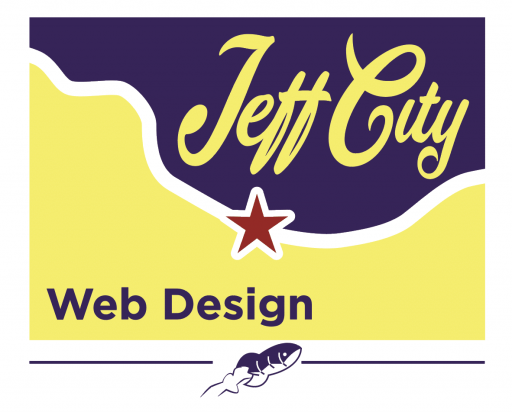Want help reaching your business goals? Take a look at your website design. If you don’t have a business website yet, now is your golden opportunity to design it right. The most successful website designs are easy for users to navigate and encourage customer behaviors that help businesses meet their objectives.
Great websites load quickly, function well, include essential information, and display a clean, consistent design with good use of color and imagery. Business website design includes strategically planning your website’s content and its look—the colors, layouts, and fonts. Small business owners build websites for many reasons, including:
Legitimacy: Websites help legitimize your business. Customers expect businesses to have an online presence, and a website makes your business look more professional.
Discoverability: Customers look for businesses online and may not discover yours without one. A website helps you reach more potential customers.
Information: Customers research before they buy. Your website can answer common questions such as your business hours, location, prices, and products.
Voice: Websites give you a voice in what’s being said about your business online. You can control the narrative and showcase your brand’s strengths.
Home Base: They act as a home base for your digital advertising and a hub for your other online properties, such as social media.
Flexibility: They can be easily updated as your business grows and evolves.
Revenue: Depending on your business model, websites can help drive revenue by enabling online sales or generating leads.
The cost of website design for small businesses varies. The average cost falls between $4,000 and $10,000, including one-time design costs and annual site maintenance. However, you could pay anywhere between $0 to more than $20,000, depending on your site’s size and functionality.
Some small business owners with simple website needs may choose to design their sites themselves using free templates on website builders, paying only for domain registration and hosting fees. Others with more complex needs might hire professional web designers. When planning your budget for website design, consider these costs:
- Domain registration
- Web hosting
- SSL certificate for e-commerce sites
- An upgraded theme or template from a website builder, if desired
- A professional website designer or firm, like Jeff City Web Design, if needed
- Additional costs might include a point of sale (POS) e-commerce plug-in, search engine optimization (SEO) plug-in, a
- Webmaster or content manager, and images (either stock or custom).
Planning Your Business Website: A Step-by-Step Guide
In many cases, your website shapes your customer’s first impression of your business. You want to keep them interested and engaged while also making them feel secure doing business with you. Reflect on your small business’s goals and consider how they inform your goals for your website. This will help you identify your site’s main purpose. Is it to drive online sales, create a community, or inform customers of basic business information?
Once you’ve determined your site’s primary use, follow these steps to get started:
- Choose and register a unique domain name.
- Select a hosting provider.
- Plan your website content and organize the information into distinct webpages.
- Choose an online website builder or hire a web design firm like Jeff City Web Design.
- Select a template that aligns with your brand, or work with your designer to achieve the right aesthetic.
- Review your new site before publishing. Ensure it loads quickly across devices and browsers and reflects your brand.
- Essentials of Successful Business Websites
- Success comes down to intuitive navigation, quick load times, well-written copy, and a visually pleasing design. Here are
- Key elements your business website should include:
A simple URL: Easy to remember and reflects your business name.
Consistent branding: Your site’s color palette, font style, images, and copywriting voice should all align with your brand.
SEO-friendly: Include important keywords relevant to your business in your titles and headers. Write meta titles and descriptions for each page.
Clear site navigation: Use a navigation menu at the top and bottom of each page. Include a search bar to help visitors find information.
Should You Use Website Builders?
Website builders provide many benefits for small businesses, such as professionally designed templates, responsive designs, quick load times, built-in tools for SEO and security, and plug-in options for e-commerce and scheduling. Common builders include Wix, Weebly, Bluehost, Web.com, and Squarespace. If your business requires complex web functionality, hiring a professional web designer like Jeff City Web Design might make more sense.
Jeff City Web Design
If you’re looking for a professional web design firm, consider Jeff City Web Design. They specialize in creating websites that are user-friendly, visually appealing, and tailored to meet the specific needs of small businesses. With their expertise, you can ensure your site is designed to attract and retain customers, enhancing your online presence and supporting your business goals.
Measuring the Success of Your Business Website
Once your website is up and running, use analytics tools like Google Analytics to track its performance. Pay attention to metrics like average session duration, pages per visit, and bounce rates. This information helps you understand how visitors navigate your site and identify areas for improvement.
In conclusion, a well-designed website is crucial for achieving your business goals. It enhances your online presence, supports your brand, and can drive revenue. Whether you use a website builder or hire a professional designer like Jeff City Web Design, ensure your site is user-friendly, visually appealing, and aligned with your business objectives.

